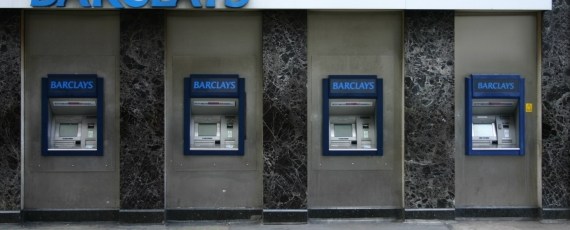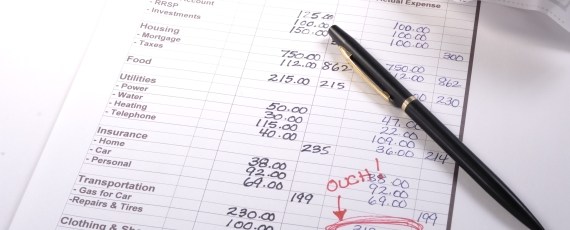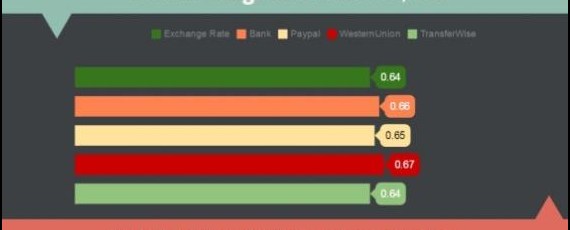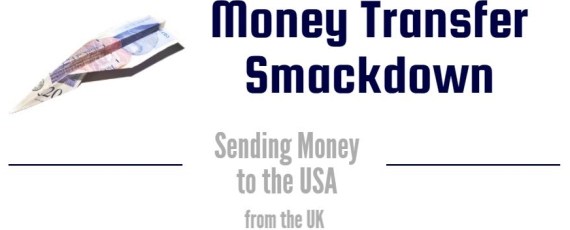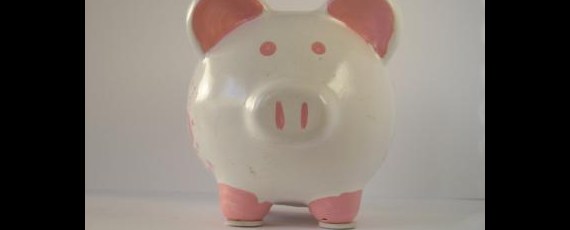
The official currency in the UK is the British Pound Sterling (GBP), and is decimal based like the dollar, there are 100 pence in a pound. The coins are 1p, 2p, 5p, 10p, 20p, 50p, £1, £2. The notes are in demonations of £5, £10, £20, and £50. You won’t often see the larger notes any more to combat loss to counterfeits. Thank goodness we haven't had to deal with the previous system of currency which was in place only just from the early seventies where there were 240 pennies to a pound (12p = one shilling).
Coins
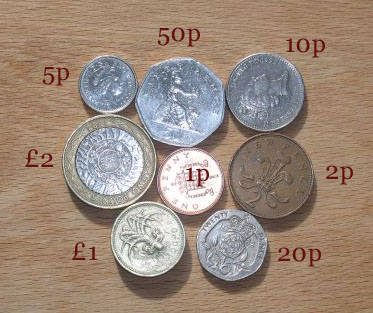
Notes
The British call their bills "notes" only, never bills. A common nickname for the pound is "quid", similar to how the "buck" is a nickname for the American dollar.
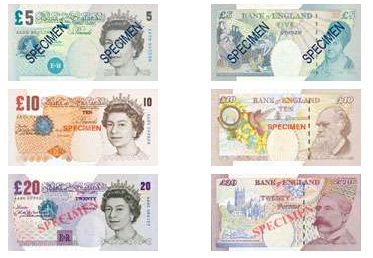
There are other currencies as well, though I’m under the understanding that in Scotland, some of the Channel Islands and elsewhere, they have their own printed/minted coins and notes, they are exchanged at the equivalent of the Pound Sterling. Scottish notes are legal tender in the rest of the UK, but Channel Islands notes and coins are not.
The Euro
The Euro is a topic of great debate. In short, it is a “new” currency that has begun in recent years in the European Union. Britain however has not gone in as of yet, still after near 10 years. They are waiting to see how it goes in the other countries before they join, and there is a strong public opposition to doing so.
There are very few shops that are taking the Euro so it is not advisable to use Euros if visiting, you also will get a lousy exchange rate in the shops that do. You will be able to exchange Euro's at Travel Agents, some banks and post offices.
There is more about the Euro and the UK's aversion to joining it here, UK and the Euro (Wikipedia).

